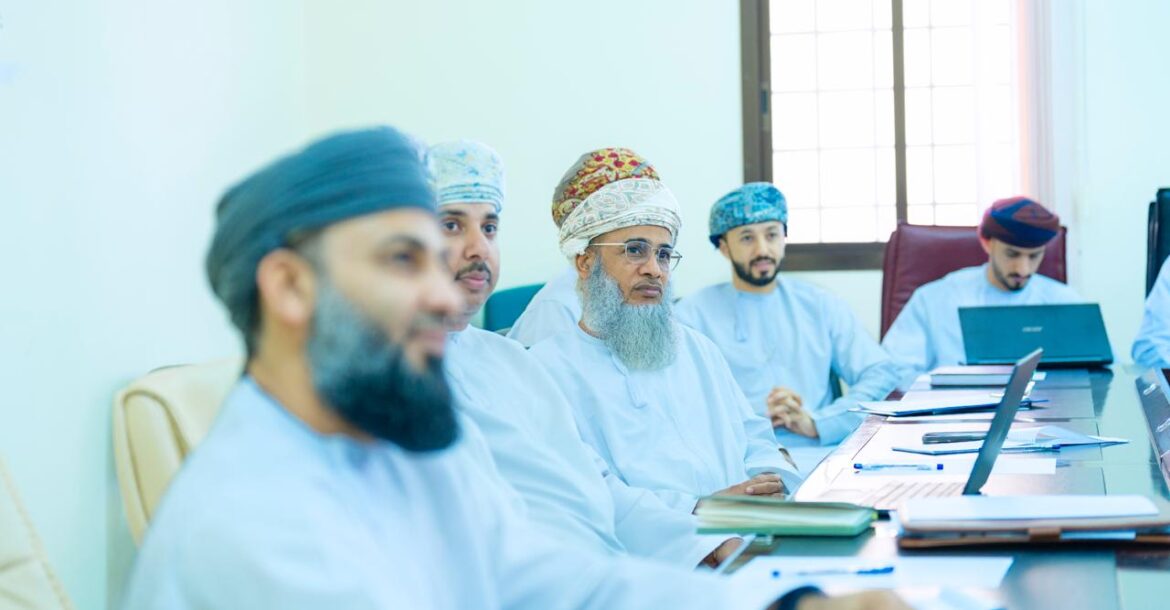MUSCAT : The University of Technology and Applied Sciences (UTAS), represented by the ICESCO Chair for AI Ethics, delivered on Wednesday, November 12, 2025, a specialized workshop entitled Artificial Intelligence, Ethics, and Advanced Technologies. The event took place at the Livestock Research Center of the Directorate General of Agricultural and Livestock Research, under the Ministry of Agricultural, Fisheries, Wealth and Water Resources in Al-Rumais.
The workshop aimed to deepen participants understanding of the applications of artificial intelligence (AI) in research and scientific fields, shed light on the ethical dimensions accompanying the use of these technologies, and explore the opportunities and challenges that advanced technologies present in supporting innovation and sustainable development across agricultural, environmental, and educational sectors.
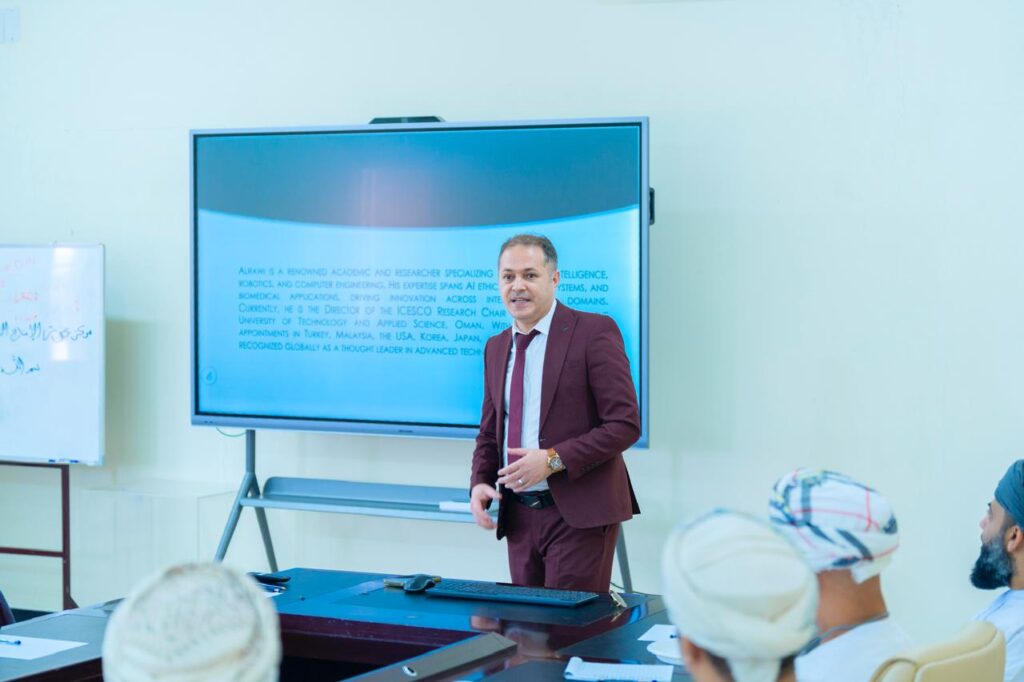
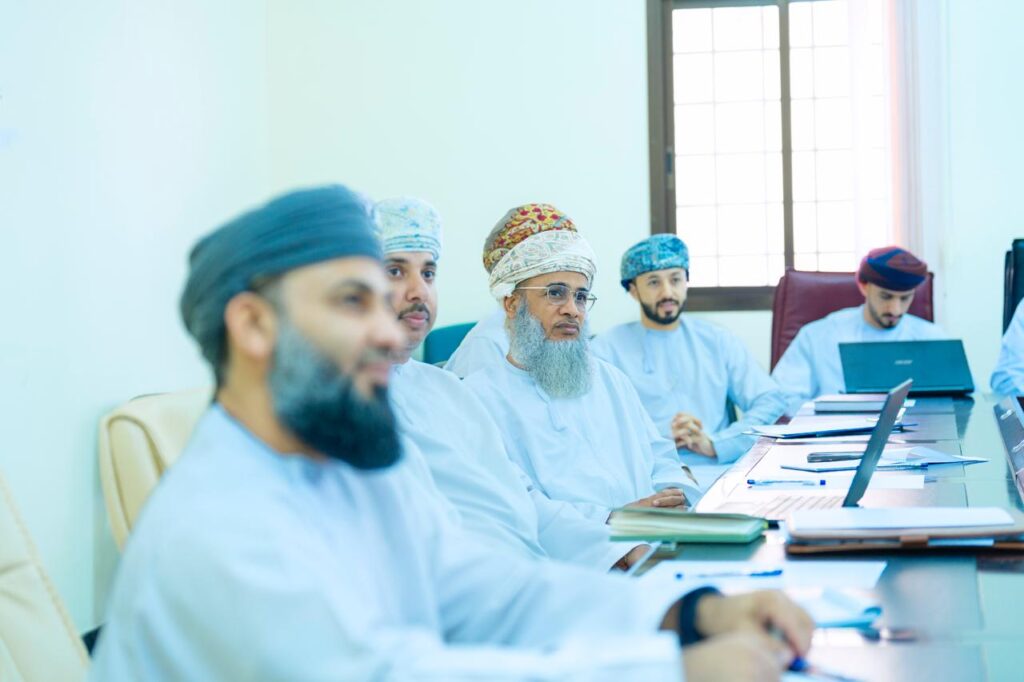
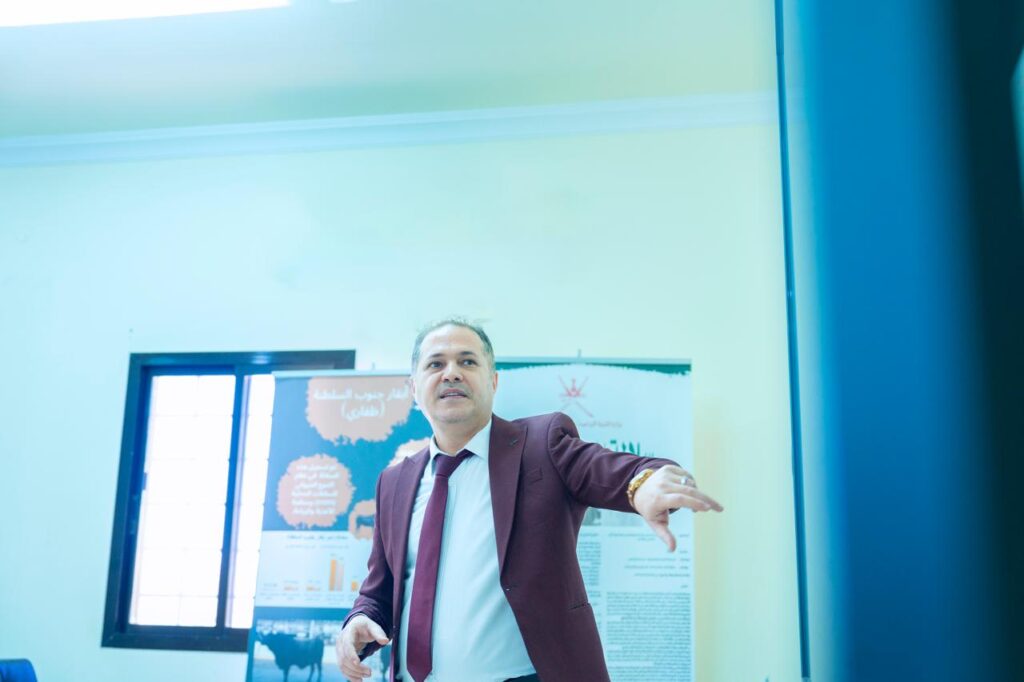
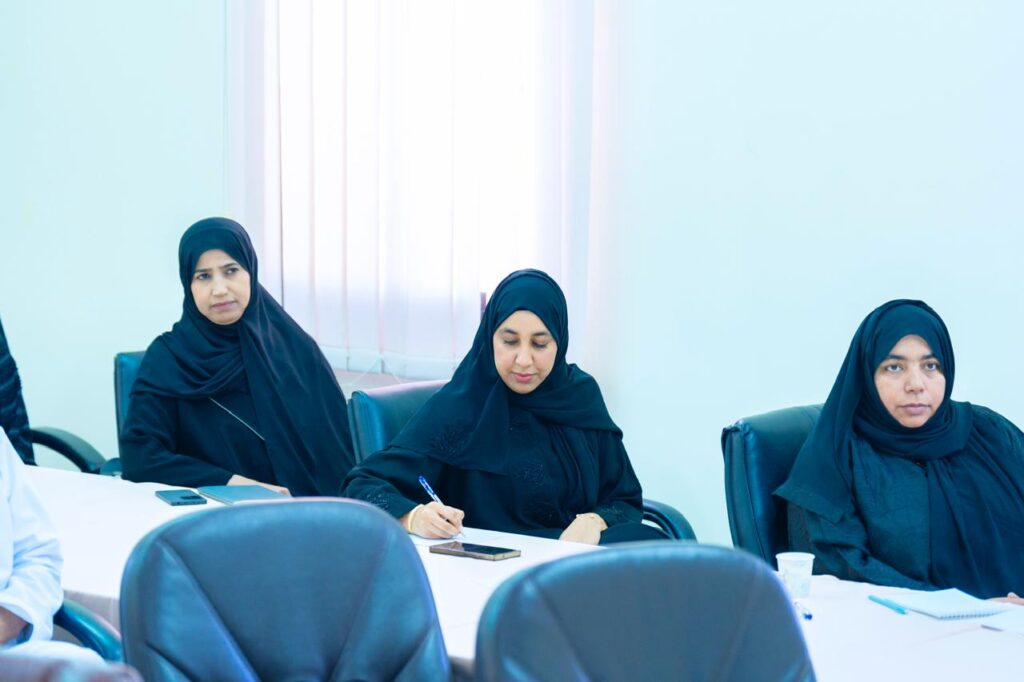
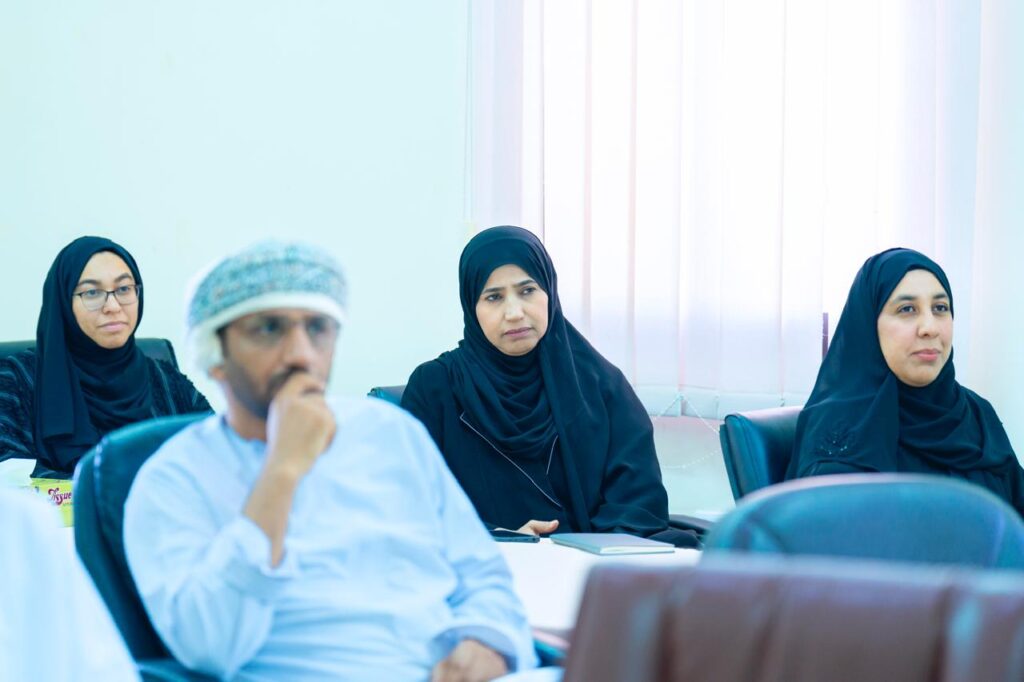
The session was led by Dr. Musab Al-Rawi, Director of the ICESCO Chair for AI Ethics at UTAS, who discussed the profound transformations AI has brought to education and scientific research worldwide. He emphasized that rapid technological advancement must be matched by a strong commitment to ethical and professional values and the development of intelligent systems characterized by transparency, reliability, and fairness.
Read More
- Muscat Stock Exchange closes higher at 5,720 points
- Oil prices dip as markets await end to U.S. Government shutdown
- Oman’s Sohar Free Zone ranked among top 3 free zones globally by Financial Times’ fDi magazine
- Al Riadah from Dhofar Islamic : A holistic approach to Shariah-compliant wealth management
- Development Bank backs RO3.6m green materials plant in Suhar
Dr. Al-Rawi explained that integrating AI into academic and research environments is not merely a technical shift, but an ethical and human responsibility that requires institutional and societal awareness to protect individual privacy, ensure the integrity of scientific knowledge, and minimize algorithmic biases that could affect the credibility of research outcomes.
Engineer Maher bin Gharib Al-Maawali, Director of the Animal Production Research Center, pointed out that this workshop comes as part of the center’s commitment to keeping pace with modern technological developments and utilizing artificial intelligence in agricultural and animal research and development. This contributes to enhancing efficiency and productivity and achieving food security in the Sultanate. He added, “Through such initiatives, we also aim to build bridges of cooperation between researchers and experts from various academic institutions.”
The workshop also included a practical component, in which participants received training on the use of AI tools to detect plagiarism, fabricated data, and unethical research practices. Participants engaged in hands-on exercises using real case studies and learned how to utilize AI-powered text and data analysis systems to identify plagiarism and data manipulation in research results. This practical training contributed to strengthening researchers ability to employ modern technologies in safeguarding scientific and research integrity.
Dr. Al-Rawi pointed out that recent international reports indicate a rise of more than 134% in AI-assisted plagiarism cases over the past two years, highlighting the urgent need for institutional action to establish clear policies and standards that ensure the responsible use of such technologies. He added that the Sultanate of Oman is steadily progressing toward building a comprehensive research ecosystem grounded in ethics and innovation, through national initiatives led by the ICESCO Chair for AI Ethics, in collaboration with specialized research institutions such as the Livestock Research Center.
The workshop also featured extensive discussions among researchers and academics on developing national codes of conduct and ethical standards for the use of AI in scientific research, as well as strategies for building national capacities in data analysis, machine learning, and sustainable technologies. Participants noted that intelligent technologies play a key role in enhancing agricultural and livestock research systems by improving production efficiency, monitoring environmental data, and analysing it to support food security and environmental sustainability.
The workshop concluded with several recommendations, most notably the need to strengthen collaboration between academic and research institutions to develop a national framework for AI ethics, expand specialized training programs in research integrity, and integrate digital ethics concepts into higher education curricula at universities and technical colleges. Participants affirmed that this workshop represents a significant step toward fostering a culture of responsibility and transparency in the use of AI and reflects Oman s commitment to adopting advanced technologies guided by integrity and sustainable innovation.
